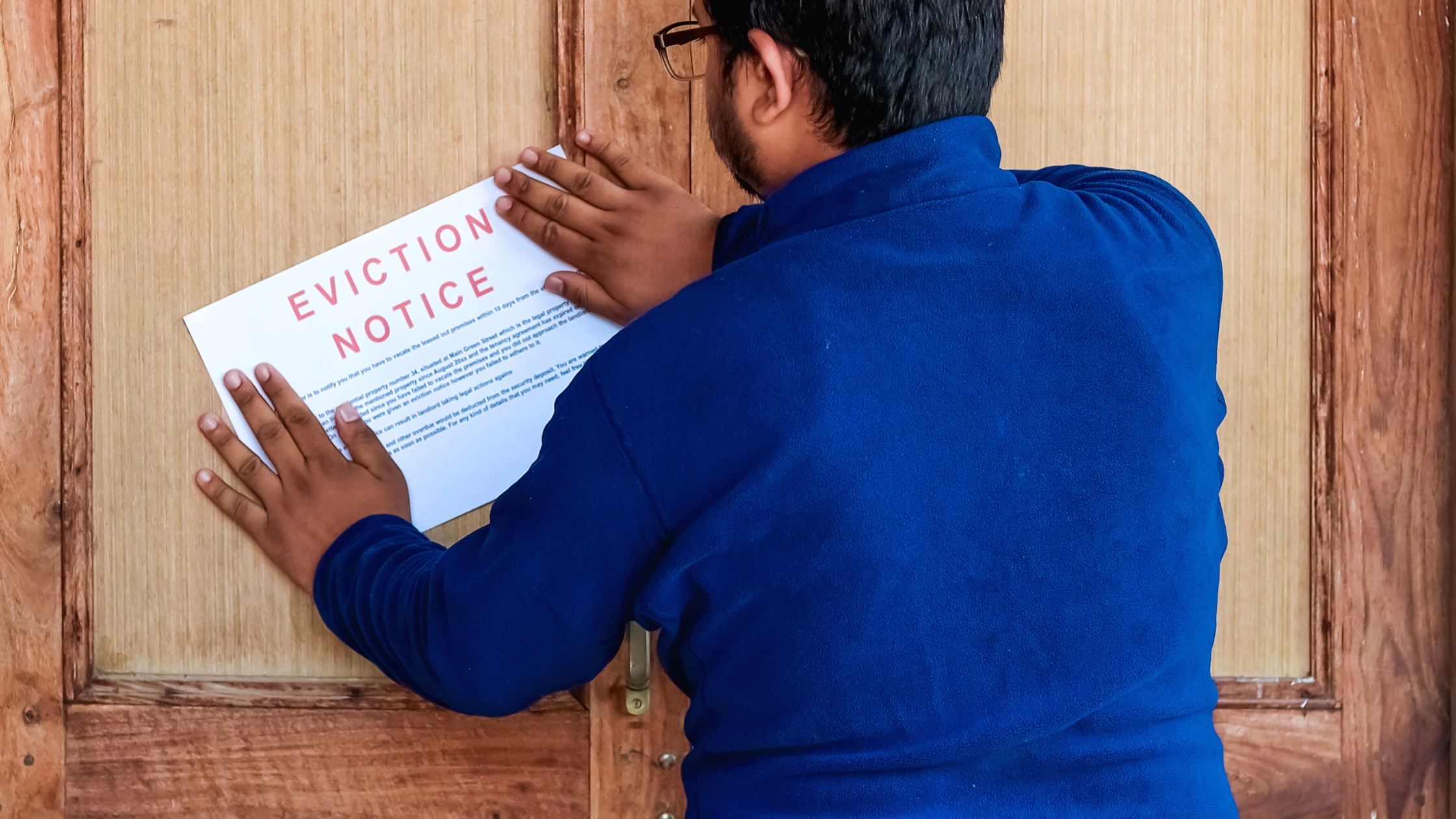What Landlords Should Know About Delaware’s Eviction Process

Are you a Delaware landlord?
Do you want to understand the eviction process better?
This article gives you the essential information you need.
From serving eviction notices to attending court hearings, you’ll learn about each step.
Reasons for eviction, types of notices, and filing requirements are covered.
Whether you’re new to the business or have experience, understanding the eviction process is crucial to protect your rights and manage your rental properties effectively in Delaware.
Reasons for Eviction in Delaware
Why are tenants evicted in Delaware? How can someone evict a tenant based on Delaware eviction law?
There are several reasons that can lead to eviction in the state.
One common reason is when tenants hold over after the lease term expires.
If tenants fail to pay rent or wrongfully deduct money from the rent, they may also face eviction.
Another reason is breaching a lawful obligation.
If tenants continue to stay in the property for more than five days after it has been sold and the title transferred, eviction may be initiated.
Additionally, if tenants refuse to move out for repairs when the unit becomes uninhabitable after a fire or casualty, they can be evicted.
Lastly, being convicted of a class A misdemeanor or any felony during the tenancy that causes or threatens irreparable harm to any person or property can also result in eviction in Delaware.
Landlord Serves a Zero- to Seven-Day Eviction Notice
When serving a zero- to seven-day eviction notice in Delaware, landlords must ensure they comply with the specific requirements outlined by state law. There are several types of eviction notices that can be served depending on the situation.
A Rent Demand Notice gives the tenant five days to quit the premises. If the tenant has violated the terms of the lease, a Lease Violation Notice can be served, giving them seven days to cure or quit. In cases of repeat violations or serious breaches, an Immediate Notice to Quit can be given.
It’s important for landlords to follow the correct notice period and provide proof of delivery. Failure to comply with the eviction notice requirements may result in delays or dismissal of the eviction lawsuit.
Landlord Files an Eviction Lawsuit With the Court
After serving the eviction notice, you, as the landlord, will need to file an eviction lawsuit with the court in Delaware. To begin the process, you must file a complaint and supporting affidavit with the Justice of the Peace Court.
The complaint form should include all necessary information and details of the eviction, such as evidence of lease violation and proof of proper eviction notice delivery. Along with the complaint, you’ll also need to pay a filing fee of $45.
Once the complaint is filed, the court will serve the tenant with a summons, which includes the time and place of the eviction hearing. The summons must be served between five and 30 days before the hearing, and proof of service must be filed with the court.
Court Serves Tenant the Summons
To serve the tenant with a copy of the complaint, the court issues a court summons, stating the time and place of the eviction hearing. This summons is a legal document that notifies the tenant about the lawsuit filed against them and informs them of their rights and responsibilities. The summons must be served between five and 30 days before the scheduled hearing.
Typically, a constable is responsible for delivering the summons to the tenant in person. However, if personal service isn’t possible, alternative methods such as posting the summons on the tenant’s door or sending it via certified mail may be used. It’s important to note that proof of service must be filed with the court to confirm that the summons has been properly delivered to the tenant.
Landlord and Tenant Attend Court Hearing and Receive Judgment
Once the court summons has been properly served, you and the tenant will attend the scheduled court hearing and receive a judgment.
This hearing is an opportunity for both parties to present their case and provide any supporting evidence or witnesses. It’s important to come prepared with all relevant documents, such as the lease agreement, eviction notice, and any communication between you and the tenant.
During the hearing, the judge will listen to both sides and make a decision based on the evidence presented. The judgment will determine whether the eviction will proceed and may include other remedies such as the payment of rent owed or damages.
It’s crucial to understand the judgment and comply with any requirements or deadlines set by the court.
If the judge rules in favor of the landlord, the court will issue a Writ of Restitution to be carried out by the Sheriff. The Writ of Restitution dictates that the tenant has a certain amount of time to leave the property. If the tenant does not leave the property within that timeframe, the Sheriff will come and remove the tenant.
Conclusion
In conclusion, as a landlord in Delaware, it’s essential to have a comprehensive understanding of the eviction process.
From serving eviction notices to attending court hearings, knowing the reasons for eviction and the requirement for filing a lawsuit is crucial.
By following the proper procedures and protecting your rights, you can effectively manage your rental properties and ensure a smooth eviction process in Delaware.





